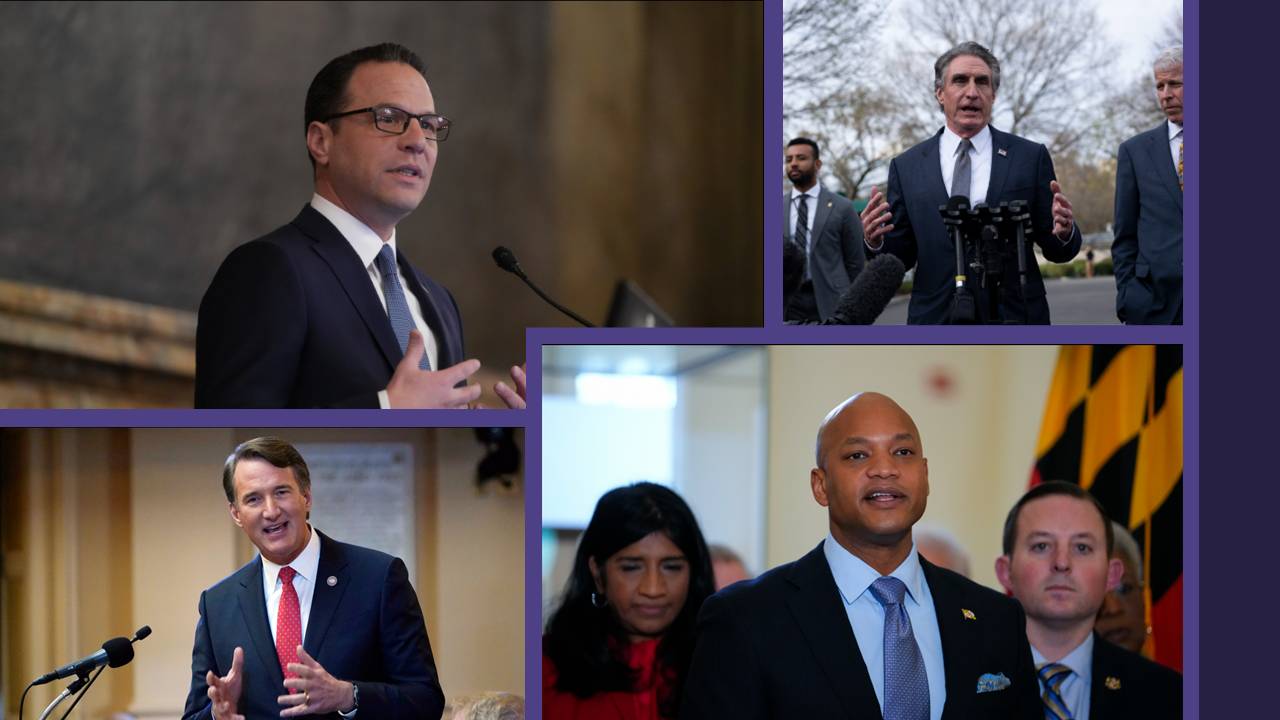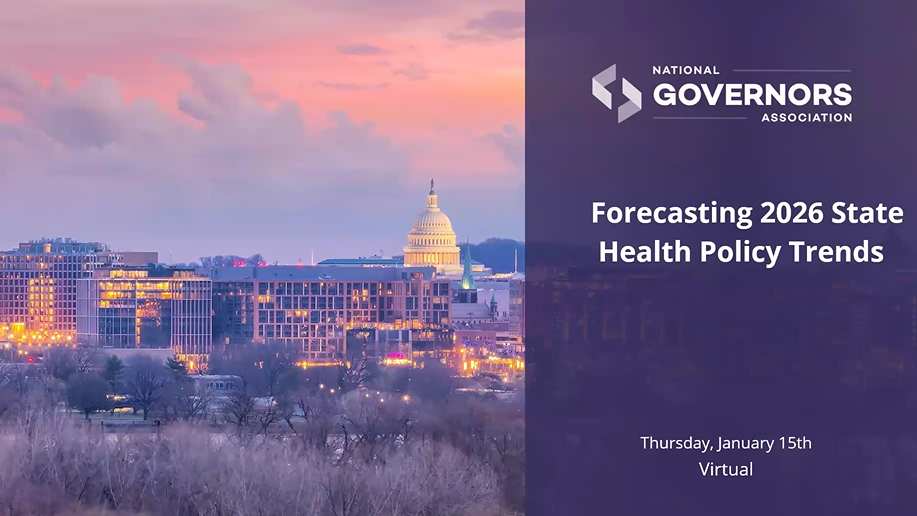The Honorable Kevin McCarthy
House Majority Leader
H-107, The Capitol
Washington DC 20515
The Honorable Kevin Brady
Chairman, House Committee on Ways and Means
301 Cannon Building
Washington DC, 20515
The Honorable Greg Walden
Chairman, House Committee on Energy and Commerce
2185 Rayburn House Office Building
Washington, DC 20515
The Honorable Virginia Foxx
Chairman, House Committee on Education and the Workforce
2262 Rayburn House Office Building
Washington, DC 20515
Dear Majority Leader McCarthy, Chairman Brady, Chairman Walden and Chairman Foxx:
The National Governors Association (NGA) appreciates your December 2nd letter to governors requesting feedback for potential changes to the Patient Protection and Affordable Care Act of 2010 (ACA). All governors and states have taken a different approach on improving access to high-quality and affordable healthcare. To date, 32 states, including the District of Columbia, have expanded Medicaid. As of February 2016, nearly 13 million Americans were enrolled in coverage through the health insurance exchanges. Governors share your goal of fostering a 21st century health care system that improves health outcomes and reduces the financial burden on families, businesses and government. By working together in a bipartisan manner, we can build a more efficient health care system that continues to put patients at the forefront and addresses the underlying factors driving unsustainable health care spending.
As Congress begins considering health care reform, governors request that you consider the following concepts:
- Governors lead the nation in driving value into the health care system and ensure access for their state residents. Congress should incorporate governors’ suggestions throughout the legislative process. It is essential that Congress allows sufficient time for states to review and respond to proposed changes, build on current state efforts, ensure a smooth transition, and to minimize budgetary impacts to states.
- As Congress considers reforms to private health insurance, reforms must provide meaningful flexibility for states to shape the market based on the unique preferences and priorities of our residents.
- Support for vulnerable populations is a shared responsibility between the federal government and the states. In considering changes to Medicaid financing, it is critical that Congress continue to maintain a meaningful federal role in this partnership and does not shift costs to states. This includes the need for continued financial and programmatic flexibility to innovate and improve the efficiency of our Medicaid programs through new and existing health care transformation initiatives.
- Any reform proposal should protect states from unforeseen financial risks – such as the recent economic downturn or higher costs due to new drugs, treatment or epidemics – that could result in a spike in Medicaid enrollment or increased per-beneficiary costs. Congress should also recognize and leverage the technological and administrative advancements already made and paid for under the ACA.
- As Congress considers health reform legislation, governors urge Congress to maintain predictability in federal programs while reforms are considered and not inadvertently lower the baseline for health spending during any interim period.
- Similarly, governors have created innovative health care programs that rely on federal funding. Continued federal support for these initiatives is critical to supporting the infrastructure for health care payment and delivery reforms that drive value into the health care system.
Governors commend congressional efforts to lower health care costs, improve access, enhance quality and improve the overall health of our nation. We share those same priorities. States are driving innovation in the delivery and payment of services by testing new models for health care transformation that aim to lower the trajectory of health care spending while improving quality and outcomes. As Congress begins debating new health care reforms, we urge you to maintain an open and robust dialogue with governors. It is critical that any changes to Medicaid and the private health insurance market reflect states’ experience as major health care purchasers, regulators, and administrators who will be responsible for carrying out new reforms.
Governors stand ready to engage in a constructive and thoughtful dialogue with you to ensure the success of future reform efforts. We look forward to continued collaboration on these important issues.
Sincerely,
Governor Terry McAuliffe
Chair
National Governors Association
Governor Brian Sandoval
Vice Chair
National Governors Association











